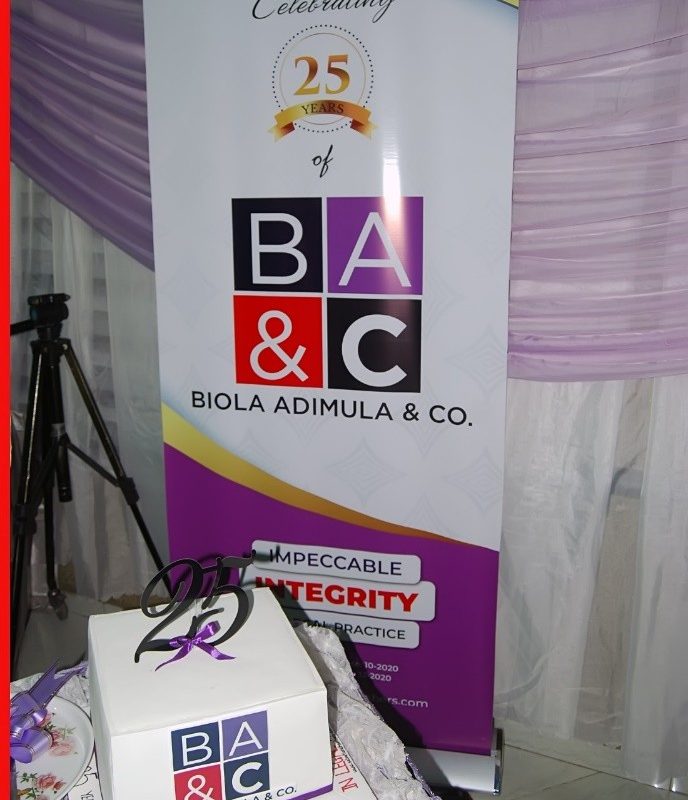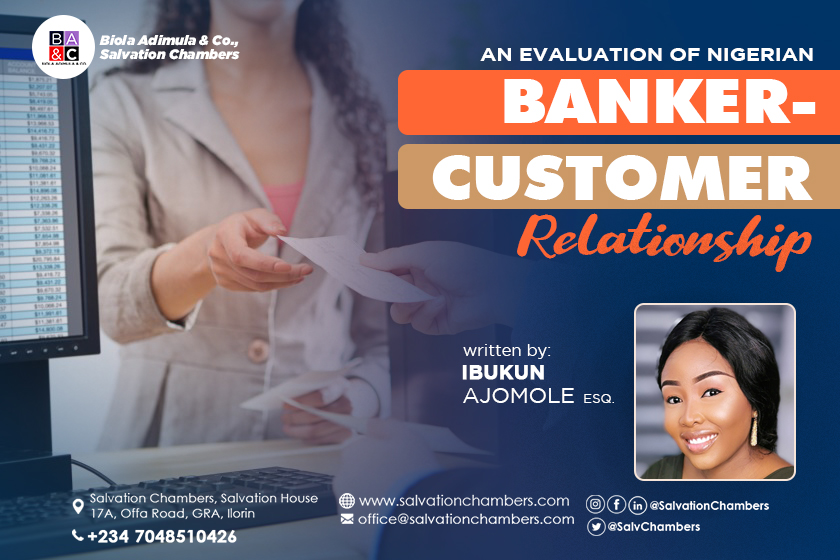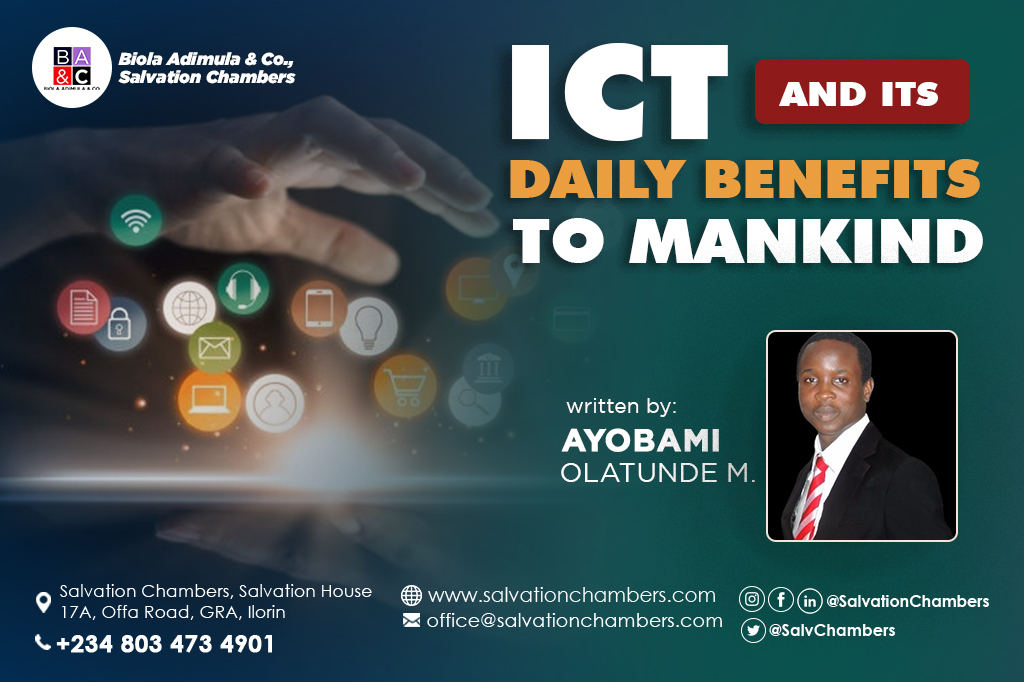Information and communications technology (ICT) is an extensional term for information technology (IT) that stresses the role of unified communications and the integration of telecommunications (telephone lines and wireless signals) and computers, as well as necessary enterprise software, middleware, storage and audiovisual systems, that enable users to access, store, transmit, and manipulate information. The term ICT is also used to refer to the convergence of audiovisual and telephone networks with computer networks through a single cabling or link system (Wikipedia, 2020)[1].
It is no longer a news that the world is in the digital age especially with 4.57billion internet users in the world today which represent 59% of the total global population. On the average, each internet user spend 6hours 42minutes per day using the internet (datareportal, 2020)[2]. As a matter of fact, we are living in a constantly evolving digital world. ICT has an impact on nearly every aspect of our lives – from working to socializing, learning to playing.
The digital age has transformed the way young people communicate, network, seek help, access information and learn. We must recognize that young people are now an online population and access information through a variety of means such as computers, TV and mobile phones etc. This is the reason why educational technology and e-learning is taught in or out of the classroom since educational technology is used by learners and educators in homes, schools, businesses, and other settings. It is in this view that this write-up considers the benefits of ICT in our daily life if well leveraged on through new technologies.
Information and communication technologies (ICT) have been at the heart of economic changes for more than a decade. ICT sector plays an important role, notably by contributing to rapid technological progress and productivity growth. Firms use ICTs to organize transnational networks in response to international competition and the increasing need for strategic interaction. (Ýsmail Seki, 2008)[3].
Here are some benefits of ICT:
Economic Benefit: Information and Communications Technology (ICT) has an important economic role in the world since we are now in the information age era. With ICT, the company can make the business easier to happen with the client, supplier and the distributor. It is also very important in our daily business lives. The lack of appropriate information at the right time will result in low productivity, low quality research works, and waste of time to pursue information and even to do research which actually others had done or in other countries. Nowadays ICT cannot be separated with our daily economic needs.
Digital computer and networking has changed our economy concept to the economy with no boundary in time and space because of ICT. It brings a lot of advantages for economic development enabling millions of transactions to happen in an easy and fast way.
Educational Benefits: The use of ICT in education add value in teaching and learning, by enhancing the effectiveness of learning, or by adding a dimension to learning that was not previously available. ICT may also be a significant motivational factor in students’ learning, and can support students’ engagement with collaborative learning. It helps our learning process and educational life as many people leverage on the internet to teach their children, read local newspaper using the online newspaper and get information.
ICT improves quality of human life when its being used as a learning and education media. The mass communication media could be used as a way of promoting and campaigning practical and important educational issues relating to health and social life. It provides wider knowledge and can help in gaining and accessing information.
Career and Social Benefits: As a result of the COVID-19 pandemic, a lot of organizations find it difficult to continue their day to day activities without violating the social distancing measure. But with ICT, we now have organizations, religious institutions and political offices organizing interview, meetings, webinars, conferences, conventions, seminars, services and tutorials via teleconferencing which now help people career wise and allow them to work remotely/virtually. ICT has broken the barrier of location as it is very easy for people to still get connected with family, friends, relatives, or colleagues even if in abroad by using the electronic mail, yahoo messenger, call conference, or video conference.
Entertainment Benefits: ICT has made our entertainment life easy as we could watch entertainment and media contents such as art works, music, videos, news and games online. With ICT watching more shows and films on streaming services, using social media, messenger services, music streaming services, playing computer or video games are now easy activities.
Daily Life Benefits: Finally, ICT has become an integral part of everyday life for many people. It makes life easy for people especially during the COVID-19 pandemic. A lot of people were able to cope with covid-19-related lockdowns, kept their children entertained and engaged, helps people with their shopping, improve their mental health and wellbeing, helps improve their income and finances.
Importance of ICT in people’s lives can neither be overemphasized nor exhausted and it is on the increase and is expected that this trend will continue, to the extent that ICT literacy will become a functional requirement for people’s work, social, and personal lives[4].
Written by AYOBAMI, Olatunde M.
[1] https://en.wikipedia.org/wiki/Information_and_communications_technology
[2] https://datareportal.com
[3] Ýsmail Seki, 2008. “The Importance of ICT for the Knowledge Economy: A Total Factor Productivity Analysis for Selected OECD Countries,” Papers of the Annual IUE-SUNY Cortland Conference in Economics, in: Oguz Esen & Ayla Ogus (ed.), Proceedings of the Conference on Emerging Economic Issues in a Globalizing World, pages 72-90, Izmir University of Economics.
[4] https://pcdreams.com.sg/importance-of-information-and-communications-technology-ict-in-our-daily-life/












































